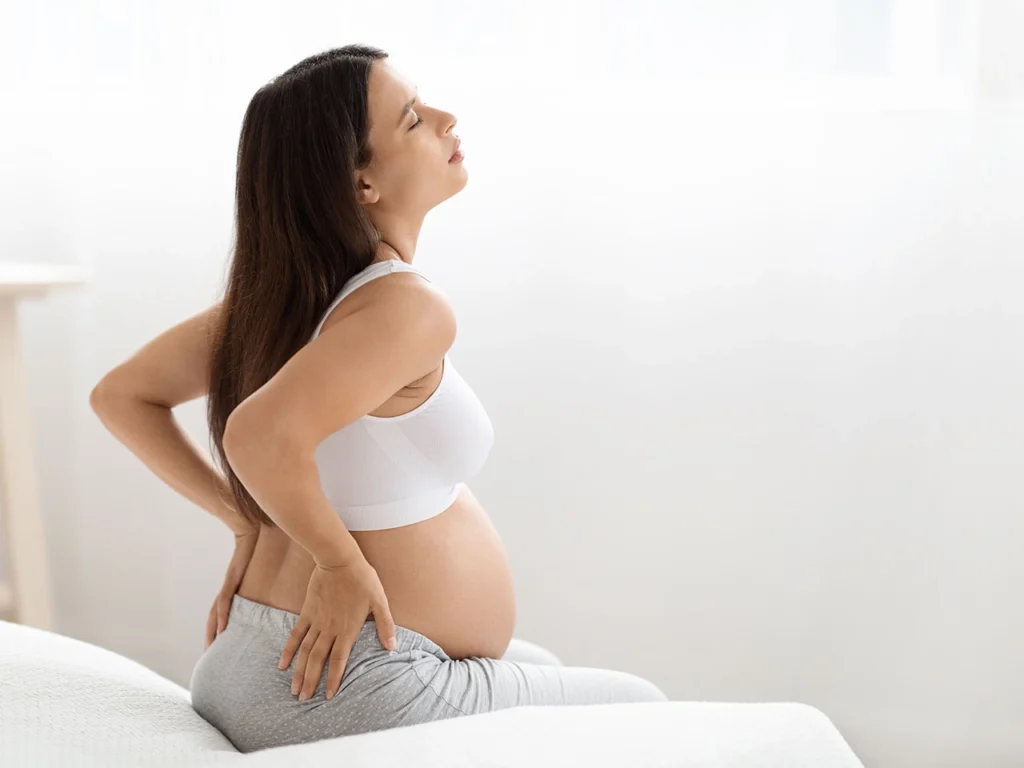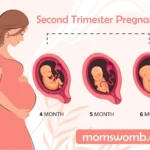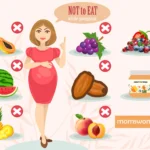Second trimester of pregnancy brings in a new set of symptoms, which may cause fresh doubts and confusions all over again. At least, you will have some relief from your previous symptoms. Around this time, most expectant moms experience pain and discomfort of some degree, which may vary from woman to woman. You should know what is normal and what is not, to avoid unnecessary worry.

Stomach Pain
You may experience pain in lower abdomen every now and then, throughout the pregnancy period, which is a common symptom. This happens because the belly expands, causing the ligaments around the womb to stretch. It may feel as if your abdomen is tightening and the pain may radiate to your hips and groin area as well. This discomfort only lasts for a short while and you may feel better by drinking water or lying down. Avoid sudden movements, when getting from bed or changing positions.
Sore Breasts
The changes in hormones cause your breasts to feel achy and tender. They start to grow and it can be discomforting. This is a normal pregnancy symptom. Choose a loose fitting bra, to feel comfortable.
Gastric Trouble
You may have a very bad case of bloating, acidity and constipation during pregnancy, because of the hormonal imbalances. Gastric distress can cause pain in abdomen, but you may feel fine when you relieve yourself. This is experienced by most pregnant woman and not a cause for concern. Eating healthy and short meals throughout the day helps take care of the issue.
Post-intercourse cramps
Having sexual intercourse is considered safe throughout the pregnancy, except in high-risk cases. You may still take your doctor’s advice, if you have any doubts. Pregnant women may experience mild cramps or contractions after sex. This happens because of post-intercourse orgasm, as the blood flow increases to the pelvic region and is totally harmless to the fetus.
Braxton-Hicks contractions
These may begin anytime during second trimester and are often very confusing to the expectant mothers. They may appear as contractions, causing severe pain and hardening of the abdominal muscles, but are not real labor contractions. These contractions are referred to as practice pains, because in a way, they help you prepare for childbirth, when you reach 40 weeks of pregnancy. Braxton-Hicks contractions are common in most pregnancies and not worrisome. You will notice that these contractions do not grow steadily and last only a short while.









